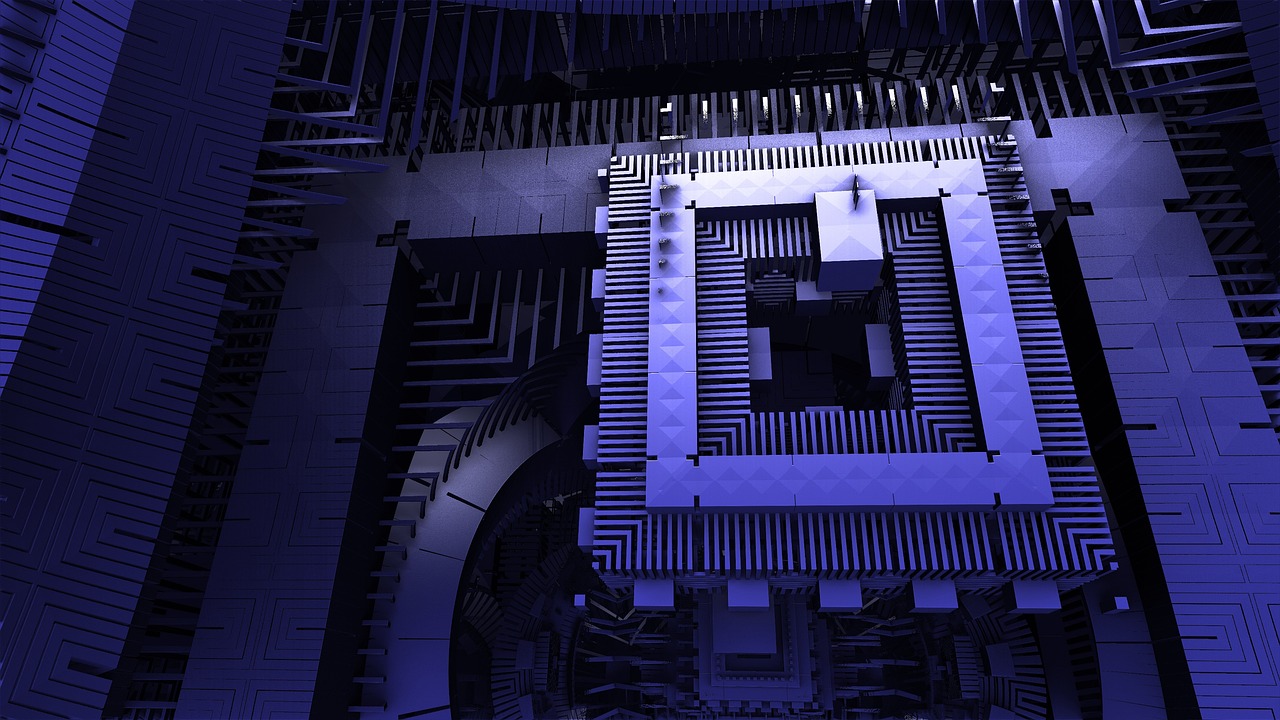Introduction
Have you ever imagined a computer that can solve incredibly complex problems in seconds, a computer that defies the limits of classical computing? Welcome to the fascinating realm of quantum computing, where the ordinary laws of physics give way to mind-bending possibilities. In this ultimate guide, we’ll take you on an exhilarating journey into the heart of quantum computing, breaking down complex concepts into bite-sized pieces.
Table of Contents
| Sr# | Headings |
|---|---|
| 1 | What is Quantum Computing? |
| 2 | Quantum Bits (Qubits): The Building Blocks |
| 3 | Entanglement: The Spooky Quantum Connection |
| 4 | Superposition: A State of Infinite Potential |
| 5 | Quantum Gates: Manipulating Qubits |
| 6 | Quantum vs. Classical: The Clash of Titans |
| 7 | Quantum Algorithms: Unleashing True Power |
| 8 | Practical Applications of Quantum Computing |
| 9 | Challenges on the Quantum Frontier |
| 10 | Ethical Implications: Navigating New Terrain |
What is Quantum Computing?
Imagine a classical computer as a library with books laid out in an orderly fashion. Now, picture a quantum computer as a library where the books can exist in multiple places simultaneously! Unlike classical bits that are either 0 or 1, quantum bits, or qubits, can exist in a superposition of states, opening the door to parallel processing on a mind-boggling scale.
Quantum Bits (Qubits): The Building Blocks
Think of qubits as the fundamental bricks of quantum computing. They’re not just 0s or 1s – they can be both at the same time, thanks to superposition. It’s like having a magic coin that’s heads, tails, and even both, until you flip it and observe the outcome.
Entanglement: The Spooky Quantum Connection
Einstein called it “spooky action at a distance.” Entanglement is a phenomenon where qubits become intertwined, no matter how far apart. It’s like having two synchronized dancers who instantly mirror each other’s moves, regardless of the distance between them.
Superposition: A State of Infinite Potential
Imagine a musical note that can simultaneously be a soothing melody and a rocking tune. That’s superposition for qubits! They can exist in a multitude of states, unlocking an infinite realm of possibilities for computation.
Quantum Gates: Manipulating Qubits
Just as classical computers use logic gates to process information, quantum computers use quantum gates to manipulate qubits. It’s like choreographing a dance routine for qubits – a delicate balance of spins and flips to achieve the desired outcome.
Quantum vs. Classical: The Clash of Titans
Classical computers are the reliable workhorses we use every day. But when faced with complex problems like simulating quantum systems or cracking advanced encryption, they can stumble. Here, quantum computers flex their muscles, promising solutions that were once thought impossible.
Quantum Algorithms: Unleashing True Power
Shor’s algorithm, Grover’s algorithm – these aren’t characters from a sci-fi novel. They’re powerful tools wielded by quantum computers to solve problems that would leave classical computers scratching their heads for centuries.
Practical Applications of Quantum Computing
From revolutionizing drug discovery to optimizing supply chains, quantum computing holds the key to transformative breakthroughs. Imagine designing new materials atom by atom or predicting financial market trends with unparalleled accuracy.
Challenges on the Quantum Frontier
Despite its promise, quantum computing faces hurdles like decoherence, where qubits lose their quantum properties. Researchers are working tirelessly to overcome these challenges and unleash the full potential of this groundbreaking technology.
Ethical Implications: Navigating New Terrain
As quantum computing empowers us, it also raises ethical questions. From unparalleled computing power to breaking existing encryption, we must tread carefully, ensuring that this power is used for the greater good.
Conclusion
Quantum computing is no longer confined to the realm of science fiction. It’s a living, breathing reality that promises to revolutionize the way we solve problems, design materials, and understand the universe. As we venture deeper into this quantum frontier, one thing is certain: the possibilities are limitless, and the journey is bound to be as awe-inspiring as the technology itself.
FAQs
Q1: Can I use quantum computers for everyday tasks?
Absolutely! While they excel at specific tasks like optimization and cryptography, everyday use is still on the horizon.
Q2: Are quantum computers replacing classical computers?
Not entirely. Quantum computers complement classical computers, tackling problems that are practically impossible for classical counterparts.
Q3: Will quantum computing make my personal data more secure?
Yes, quantum cryptography can enhance security by creating unbreakable encryption methods.
Q4: How far are we from having powerful quantum computers?
While quantum computers exist, building large-scale, error-resistant machines is still a work in progress.
Q5: Should I learn about quantum computing, even if I’m not a scientist?
Absolutely! Quantum computing’s impact extends beyond science, influencing fields like finance, healthcare, and more.
In this guide, we’ve scratched the surface of the quantum world. So, are you ready to embrace the extraordinary and embark on a journey through the quantum realm? The future is waiting – let’s dive in!
